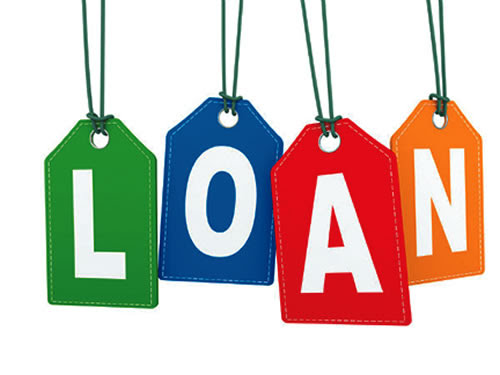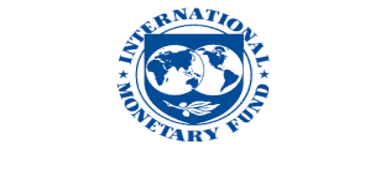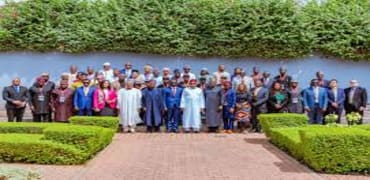FG Secures $600 Million to Boost Agriculture, but Farmers Cry Foul Over Selective Support
FG Secures $600 Million to Boost Agriculture, but Farmers Cry Foul Over Selective Support
By Achimi Muktar
In a major push to tackle food insecurity and rural infrastructure gaps, the Federal Government has secured over $600 million in foreign agricultural loans to drive food production, rural access, and economic development across the country. However, the move has sparked mixed reactions from farmers who criticize the government’s interventions as selective and poorly executed.
The Ministry of Agriculture and Food Security announced the funding breakdown on its official website. A $134 million loan facility was secured from the African Development Bank (AfDB) to ramp up nationwide seed and grain production, targeting critical components of the agricultural value chain.
Additionally, through the Rural Access and Agricultural Marketing Project (RAAMP), the government acquired a $500 million loan from the World Bank. This initiative seeks to improve rural infrastructure, connecting farming communities to larger markets, schools, and hospitals to drive economic and social growth.
The RAAMP project, currently active in 19 states, is set to allocate funds based on socioeconomic indicators, readiness for implementation, and co-financing commitments. States must establish functional Road Funds and Road Agencies to access the funds, according to the Minister of State for Agriculture and Food Security, Aliyu Abdullahi.
RAAMP National Coordinator, Aminu Mohammed, highlighted the project’s primary focus:
“The primary objective of RAAMP is to improve rural roads and trading infrastructure to boost food production and enhance accessibility.”
Beyond infrastructure, RAAMP will also invest in increasing women’s representation in the transport sector by establishing dedicated Rural Access Road Authorities. The next phase of RAAMP will see an investment of $500 million from the World Bank, alongside $100 million in counterpart funding from federal and state governments.
Farmers Raise Concerns
While the Federal Government touts these investments as game-changing, many Nigerian farmers argue that the benefits rarely trickle down to the smallholder farmers who form the backbone of the country’s agricultural sector.
Kaduna-based farmer La’ah Dauda criticized the interventions as “highly selective.”
“Even the information is limited. They create awareness only in areas they favour. How do you attract new farmers if others are excluded?”
Similarly, Ifraimu Dauda, Chairman of the All Farmers Association of Nigeria (AFAN) in Abuja, pointed out the high costs of irrigation farming and the insufficient support from government initiatives.
“Mechanisation, irrigation, and access to funds sound good on paper, but in reality, small farmers are often left behind while connected individuals reap the benefits.”
Balancing Promise with Action
The Federal Government’s recent moves to strengthen agriculture reflect its broader strategy to achieve food security, reduce poverty, and modernize farming practices. However, the criticisms from grassroots farmers underscore a lingering challenge: ensuring these massive loans translate into inclusive, equitable benefits for smallholder farmers.
As Nigeria grapples with a food crisis and rising inflation, stakeholders are watching closely to see if this $600 million investment will usher in meaningful change or deepen the disconnect between policymakers and the agricultural community.


















